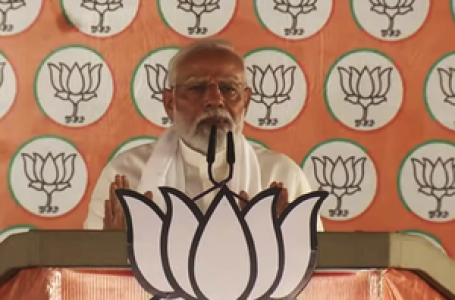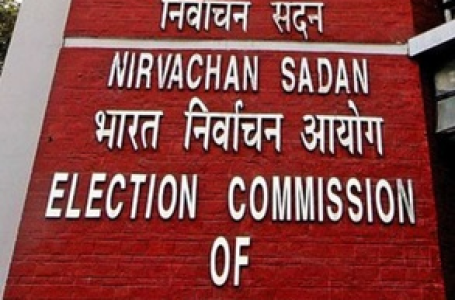By Subhash Narayan
New Delhi: In a big boost to the steel sector, the government plans to allow integrated steel producers to divert a portion of iron ore from their captive mines for use by other joint venture entities.
Existing regulations don’t allow diversion of minerals from captive blocks for use by any entity other than the one that has been allotted the mine. Only recently, the mines ministry has permitted SAIL to sell a portion of iron ore from their captive mines in the open market to boost its revenue.
As per the new reform initiative proposed for mining, the Centre would permit steel producers to use an identified portion of iron ore from their captive mines allotted prior to the auction regime for use by any other of their entities or joint venture operations.
In case of a JV, the original lessee of the mine (the company that was originally allotted the captive mine) should at least hold 26 per cent equity.
The changes would benefit companies such as SAIL, Tata Steel, Vedanta Ltd and JSW Steel, all of whom have operational captive iron ore mines.
Public sector steel major SAIL has over two dozen iron ore mines in Jharkhand, Odisha and Chhattisgarh. Similarly, Tata Steel has also got several mines in all the three mineral rich states. The mining lease of a large number of these is expiring in March.
“This development is positive for the steel industry, but several issues would have to be addressed first for the scheme to become successful. Movement of captive ore may not be easy due to evacuation issues and investment in additional infrastructure would need to be made first,” said an expert from the steel ministry’s Joint Plant Committee.
The government is looking to introduce the new regime for captive mines based on the recommendations given by a high-level committee headed by the NITI Aayog Vice Chairman and comprising top representation from ministries of finance, mines, coal and environment. The aim is to facilitate downstream plants, encourage value addition in the country and allow for better utilisation of India’s natural resources.
Stringent production regulations for captive mines have limited extraction of ore. Companies often produce only that much mineral as is required by their downstream plants because there is no incentive to produce more. Moreover, additional production is also not allowed to be used by the lessee in any other of their downstream operations.
Under the reform initiative, the Centre is already looking to discontinue the practice of offering mining rights (under auction) for mineral resources, including coal, to companies for captive use.
Instead, a new hybrid mining lease agreement would be framed under which companies would be free to use extracted mineral both for captive use of end use plants (power, steel, cement etc.) and commercial sale in the open market.
The government is currently studying the recommendations of the HLC and will soon come up with an action plan, including further amendments to the Mines and Minerals (Development and Regulation) Act.
The committee was set up in April on mines, minerals and coal sectors to identify key challenges and negate their impact. It has submitted its report to the Centre. IANS


















